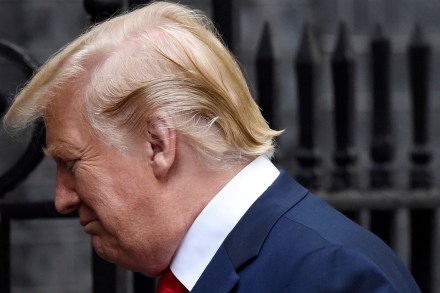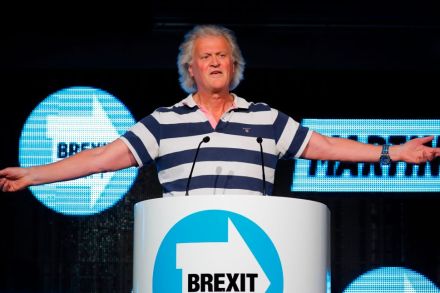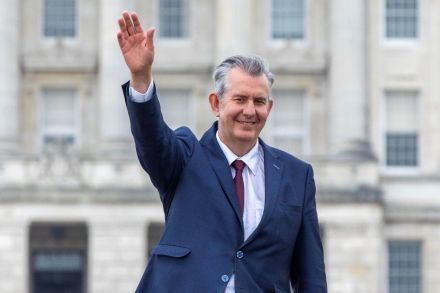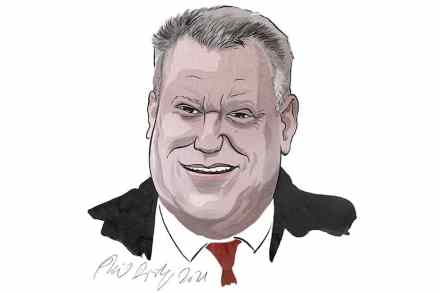Biden proves that Trump was a true British ally
Now that Joe Biden has landed in the UK, many Brits may be realising what a stalwart friend they had in Trump. Within minutes of arriving on UK shores, Biden was denouncing Britannia, Boris, Brexit — you name it. Far from hailing the UK, America’s most cherished ally, BIden was showing Britain a bullying disdain that should be reserved only for China or Iran. It is difficult to conceive of two stranger bedfellows than the golden-tongued Old Etonian and the awkward, plain-spoken ‘blue collar’ Joe Biden. But rhetoric, style and acuity aside, the two heads of government face divergent motivations when it comes to policy — these are likely to challenge the British-American partnership. Last





















